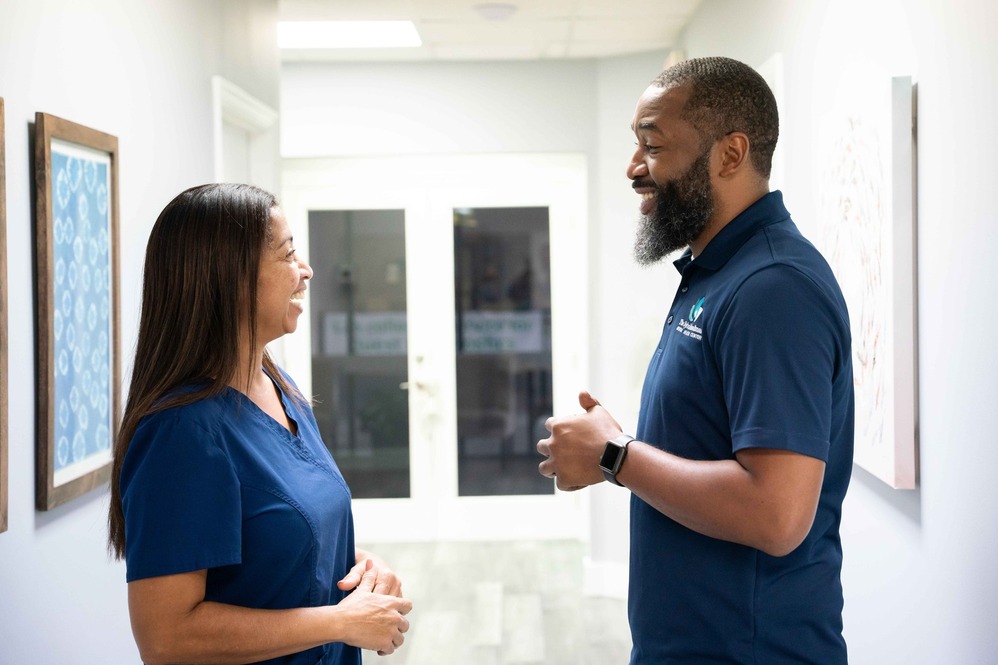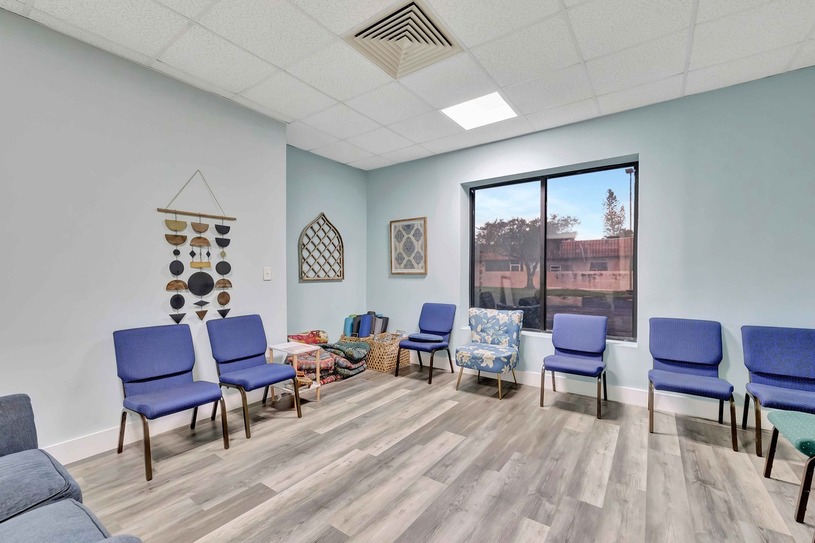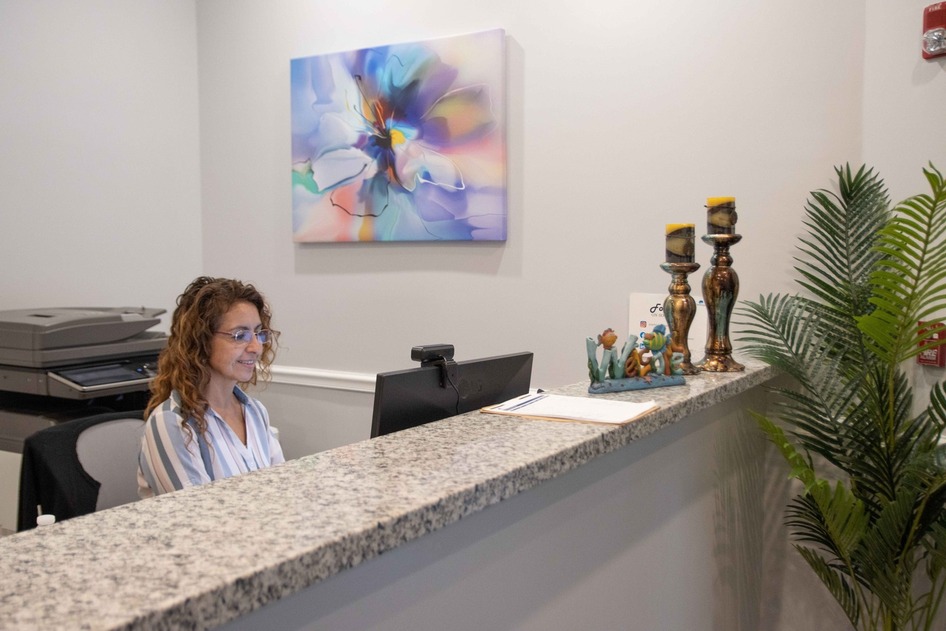What Happens During a Psychodynamic Therapy Treatment Program?
During a psychodynamic therapy treatment program, you’ll engage in open conversations with your therapist to explore unconscious thoughts, past experiences, and emotional conflicts that influence your current behavior. With your therapist’s support, you’ll be encouraged to speak openly about whatever comes to mind, including any current struggles, fears, desires, dreams, and fantasies. This free-flowing conversation helps uncover deeper insights.
As you progress, your therapist may guide you in identifying defense mechanisms and transference, which are unconscious reactions to the therapist. By developing self-awareness and understanding your emotional history, you’ll gain tools to manage present-day challenges, improve relationships, and achieve personal growth. The goal is to foster more profound emotional healing and lasting change.
How Often Do I Need Psychodynamic Therapy Treatment?
The frequency of psychodynamic therapy treatment depends on your individual needs and goals. Typically, sessions are held once a week, especially at the beginning, but this can vary. Some may benefit from more frequent sessions, while others may transition to bi-weekly or less frequent meetings as they progress in therapy.
The psychodynamic approach is often a long-term therapy, as it explores deep emotional issues and unconscious patterns. Some people undergo psychodynamic psychotherapy for a shorter duration, while others stay longer; benefits can be experienced at different stages of treatment. The pace of treatment will be tailored to you, with your therapist adjusting the schedule as you gain insight and make lasting changes in your emotional health.













